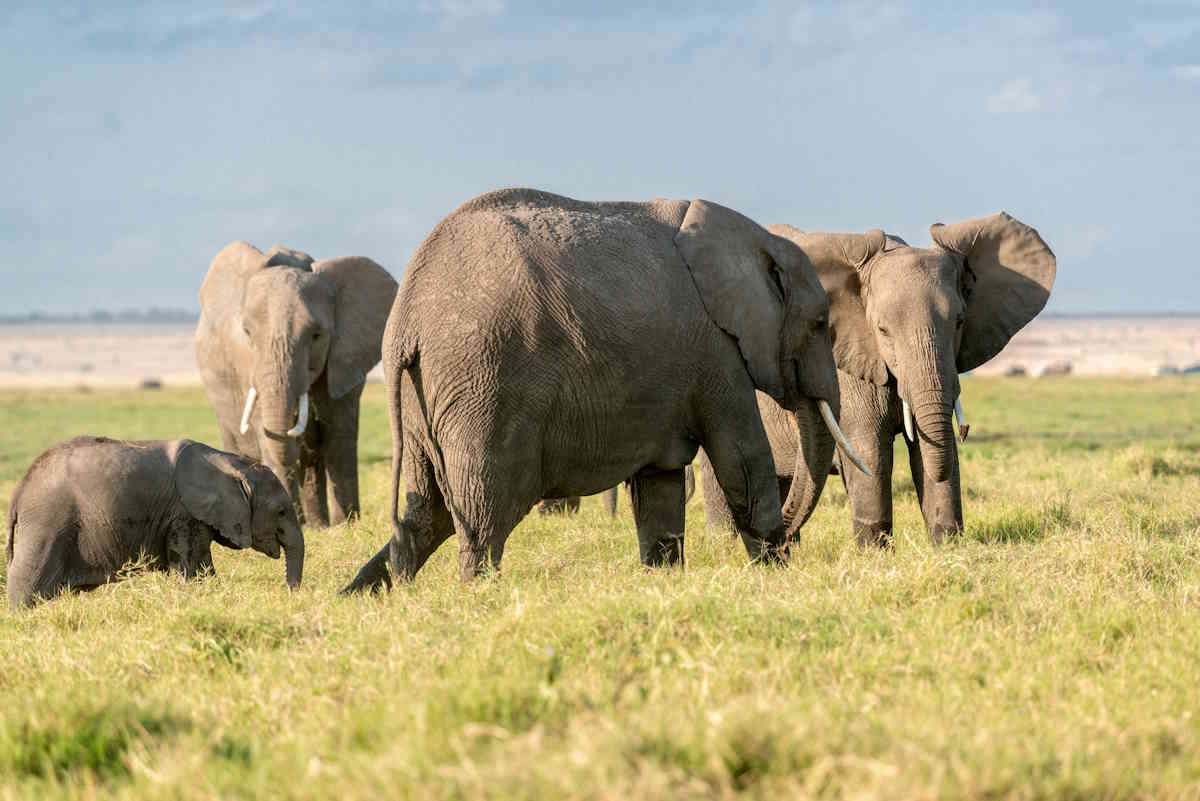A Spanish tourist gave beer to an elephant in Kenya’s Ol Jogi reserve and bragged about it online. Authorities confirmed the video’s authenticity and launched an investigation.

@gator/123rf.com
It sounds like a bad bar joke, but it really happened. A Spanish tourist in Kenya thought it would be funny to give beer to an elephant, and then proudly showed off the stunt on social media. The BBC analyzed the clip, confirmed it was authentic, and only later was it removed. Still, a few screenshots remain, leaving no room for doubt. Authorities quickly launched an investigation.
A shocking scene in Ol Jogi reserve
The bizarre incident unfolded inside the Ol Jogi wildlife conservancy, in central Kenya’s Laikipia County. After sipping a locally popular beer, the tourist tilted the can toward the elephant’s trunk, letting the animal drink the leftover brew.
As if this were some casual safari ritual, he then uploaded the footage to Instagram. In one clip, the man is seen drinking straight from the can before passing it to the elephant. Another video shows him feeding carrots to two elephants before announcing: “And now it’s time for beer.” The posts were bombarded with angry comments before being deleted—but not before they had spread widely.
The BBC confirmed the video’s authenticity, while the Kenya Wildlife Service (KWS) and other conservation authorities began working to identify the man.
“This should never have happened,” a staff member at Ol Jogi said firmly. “We are a conservation organization and we cannot allow it. We don’t even permit people to get close to elephants.”
Who the elephant really is
Staff at the reserve identified the elephant as Bupa, a well-known male who frequently appears in visitors’ photos. His story is remarkable: Bupa was rescued from a mass culling in Zimbabwe back in 1989 and brought to Kenya when he was just eight years old.
Today, Ol Jogi is home to roughly 500 elephants, making it one of the leading centers for rehabilitating orphaned animals and reintroducing them into the wild.
The incident didn’t happen in isolation. Just a week earlier, a separate group of tourists was filmed interfering with the great wildebeest migration in the Masai Mara. Instead of observing quietly, they crowded the riverbanks, forcing the wildebeests into crocodile-infested waters and disrupting one of the world’s most spectacular wildlife events.
And the Spanish tourist? This wasn’t his first reckless move. In a previous visit to the nearby Ol Pejeta reserve, he posted a video feeding carrots to a rhinoceros.
“He also broke our rules because he should not have been touching the rhinos,” Dylan Habil, an Ol Pejeta employee, told the BBC. “They are not domestic animals.”
A wake-up call for tourism
Episodes like these highlight a growing concern in wildlife tourism. Animals are not props, nor drinking buddies, and every irresponsible act puts both humans and animals at risk. Conservationists are calling not only for stricter penalties but also for tighter monitoring and better education for visitors.
Because if there’s one thing clear, it’s that these absurd spectacles must never happen again.
Sources: BBC / BBC/Instagram
